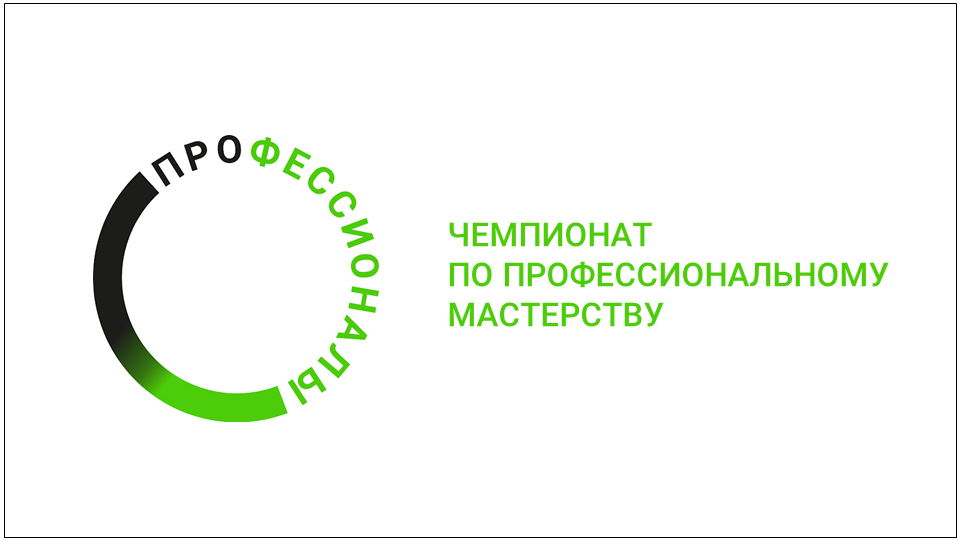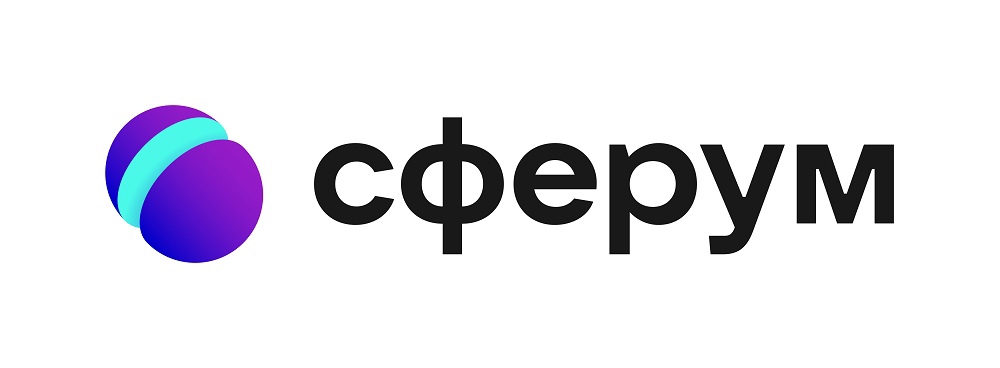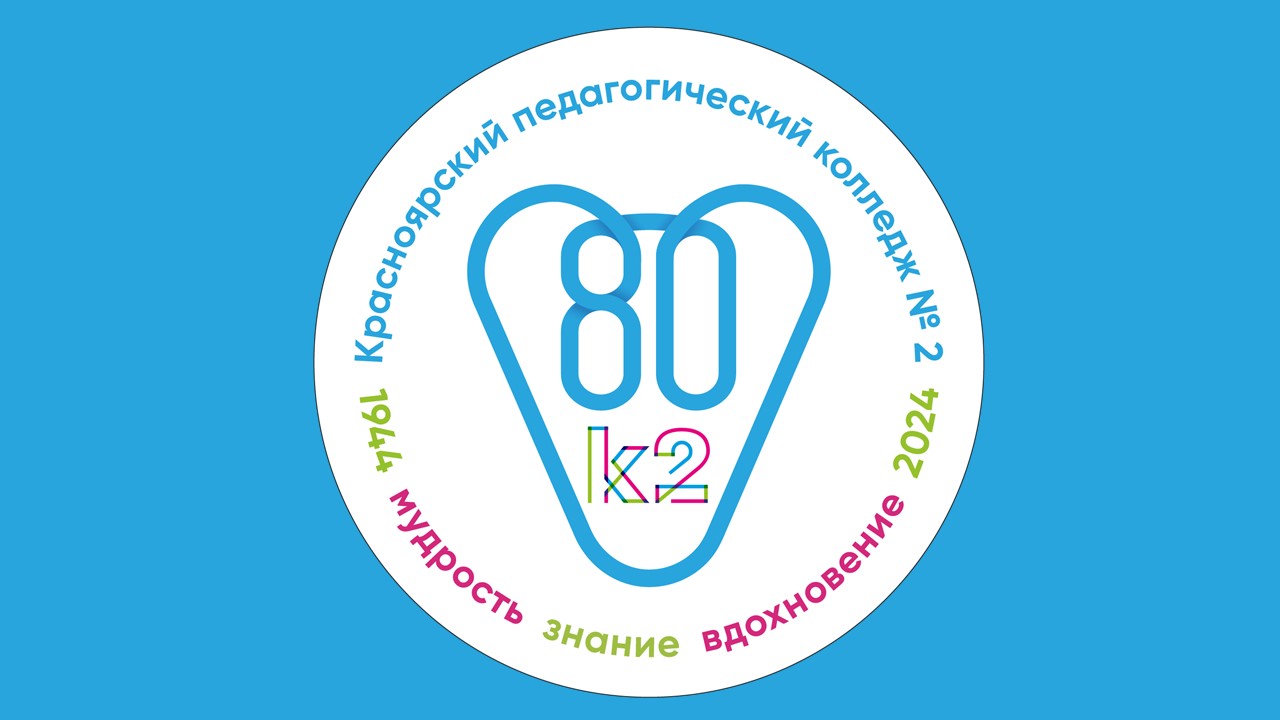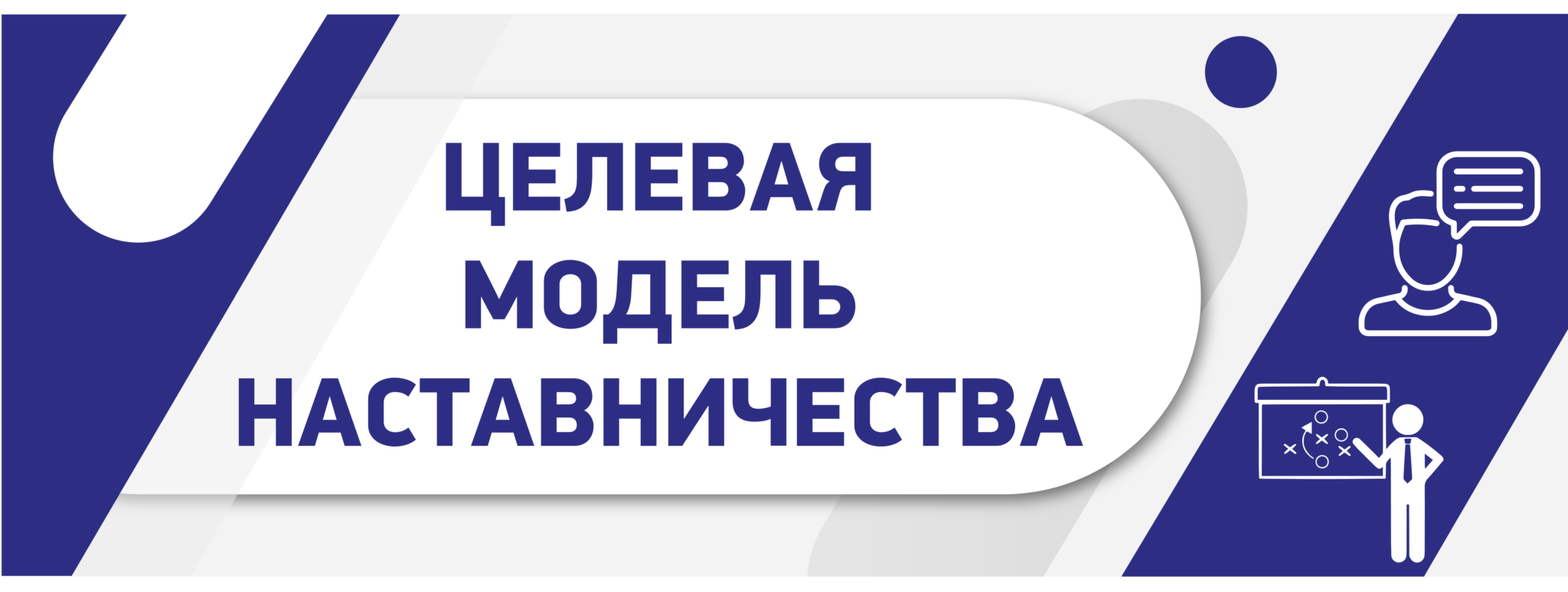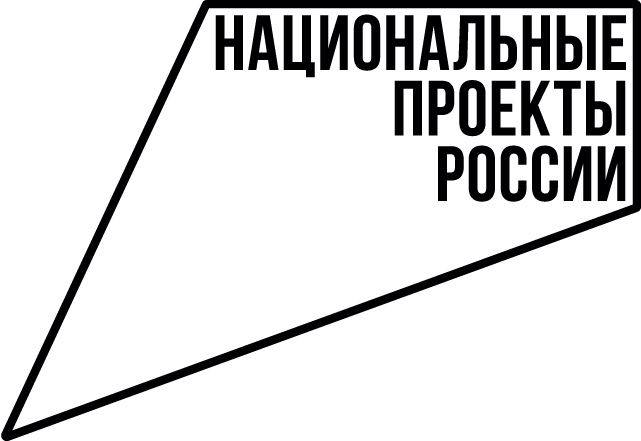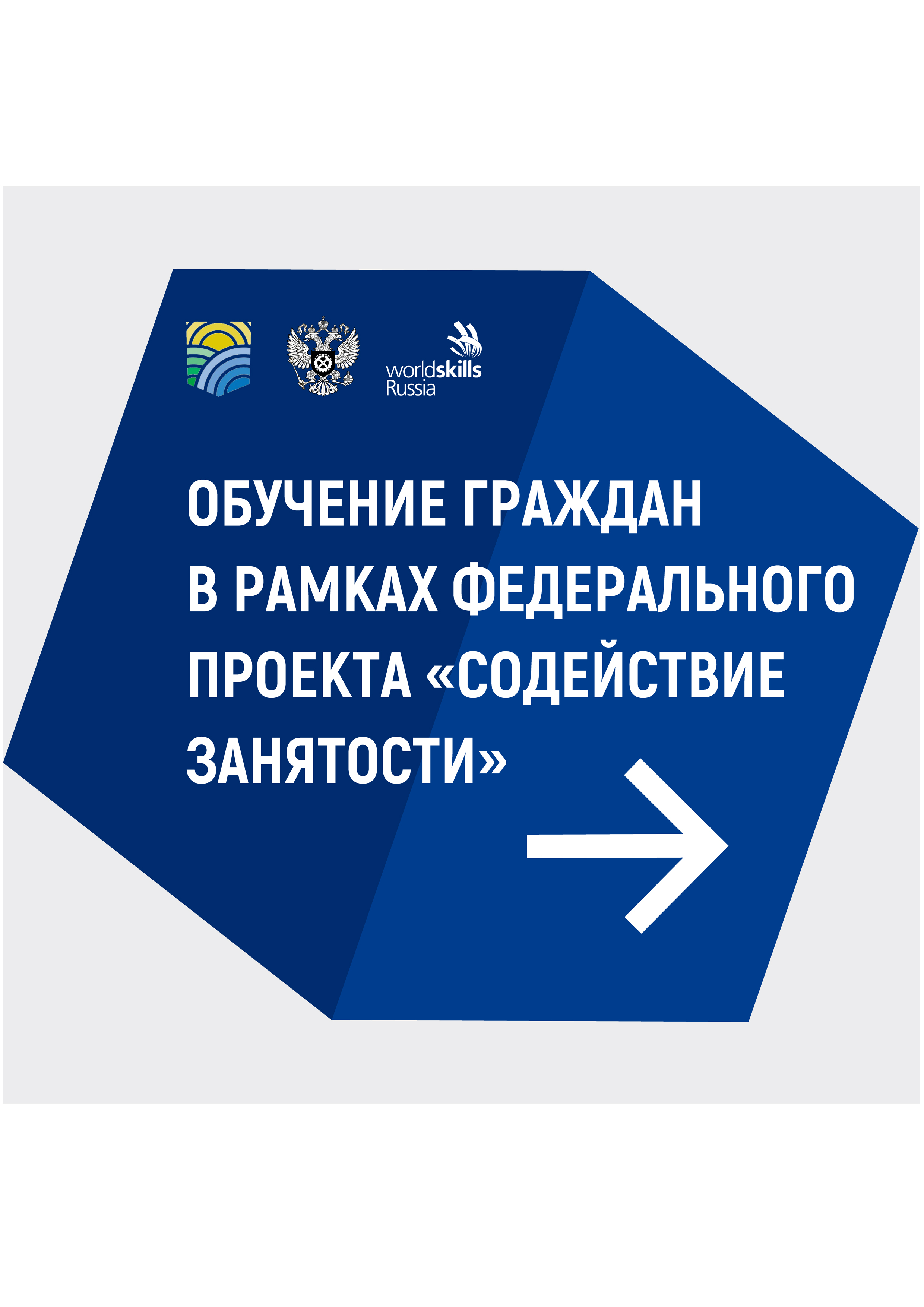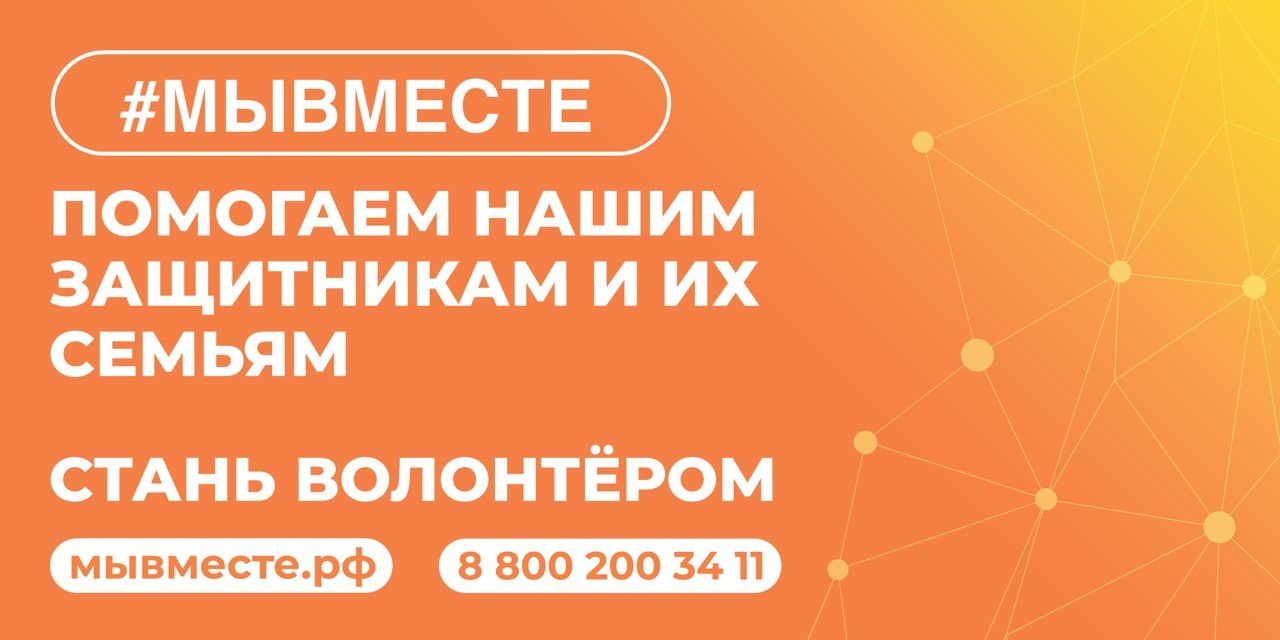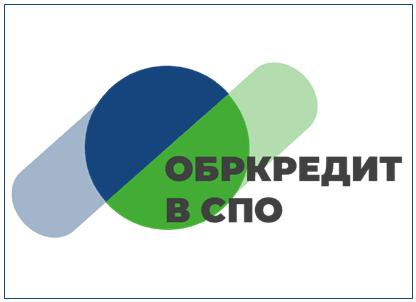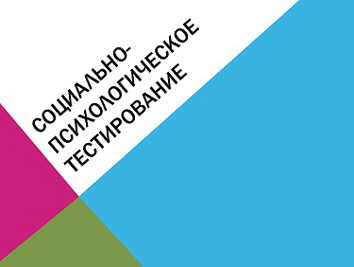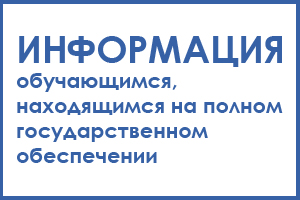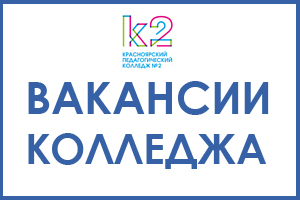How a Personal Injury Attorney Can Help You
If you’ve been injured as a result of an accident, contact a personal injury attorney (https://wikimapia.org/external_link?url=https://vimeo.com/707232588). They can assist you in recovering damages from the party responsible.
The first step is to determine whether or not the defendant acted negligently. This can be done through an analysis of liability.
Liability Analysis
A liability analysis is the process that involves assessing the amount of money owed to victims of an accident. This could include compensation for medical expenses, lost wages and other costs incurred due to the accident.
Once your attorney has gathered sufficient evidence to support the claim, they’ll start conducting a liability analysis. This includes looking over case law, common laws and legal precedents.
A liability analysis is vital when it comes to personal injuries lawsuits. It can help you determine how much you could be entitled to in compensation for your injuries and losses. It also plays an important part in the negotiation process as well as the success or your case.
In most instances, the first step in a personal injury claim is to gather evidence to prove your claim and the defendant’s liability. This typically means gathering medical records, witness statements, or other evidence to support your claims.
While this process can be an time-consuming process but it is an essential part of the legal procedure. This helps ensure that defendants are held accountable for their actions and you can seek damages for your injuries.
After gathering enough evidence to support your claim, the attorney will conduct a liability analysis to determine the amount of damages due. This includes reviewing the California law, case laws as well as common law statutes.
The attorney will also review any relevant medical records to ensure the validity of your claims. This can involve contacting any physicians or hospital staff who treated you and asking them to provide detailed reports.
This type of analysis can be more challenging in the event of complex issues or rare circumstances. This is particularly true when your injury is caused by drugs or products.
The lawyer will then evaluate your damages and determine the worth of your medical expenses, lost wages, and other expenses. This will allow the attorney to assess the value of your case and determine if it’s worth pursuing your claim.
Mediation
Mediation is an alternative dispute resolution procedure in which parties attempt to reach a consensus on their case before proceeding to trial. It is voluntary and confidential. The mediator can’t utilize any information obtained from the other side in court.
In personal injury cases mediation is often the initial step towards settling and can save both parties money, time, and stress. Sometimes negotiations, however get stuck in an unending cycle.
That’s why you require an attorney for personal injury who is adept at handling mediation. He or she will help you navigate the mediation process and help you bring your case to a successful conclusion.
A personal injury lawyer will also prepare your case for mediation so that you are mentally and emotionally prepared to be successful. They will ensure that you have all the data you need, including your medical records and personal information.
After you’ve met with mediators, they’ll get to know you and your situation. They’ll ask you about the way your injuries have affected you and the rest of your family and will listen to your ideas on how to proceed with your case.
After review of all evidence, mediator will discuss with you about the options for settlement. They’ll be able to provide you an accurate estimate of how much your case is likely to settle for.
Once the mediator has had a chance to meet with you, they’ll schedule a meeting with your lawyer and the defendant’s insurance firm. They’ll go over your settlement options and attempt to determine what you’re looking for in a solution to your case.
If mediation is not able to produce a settlement the mediator may continue to assist both sides via telephony or in an individual session. They may even follow-up on other channels, such as depositions or expert consultations.
This is especially useful in cases of serious injury. It can provide the mediator with an idea of what a fair settlement would be for the plaintiff. Then, he will have an idea of the amount to provide the defense.
Settlement Negotiations
You have to be compensated for any injuries you suffer in an accident caused or exacerbated by another other party. An attorney for personal injury can help you get the compensation you need by negotiating with the insurer to your advantage.
Settlement negotiation generally involves back-and forth exchanges with the insurance adjuster for the other party where both parties exchange offers to reach an agreed-upon amount for compensation. The process can take weeks or months, or even years depending on your case.
It is essential to stay calm when negotiating. Anger can cause delays during settlement negotiations and may even lead to you missing out on an opportunity to get a better deal.
Before you have a settlement discussion you should think about what your priorities are and how you’d like to be treated by the other side. The discussion of these issues will make it easier to find solutions that meet both your needs, while also avoiding any conflict that could arise in the future.
As you settle, it’s essential to make sure that the settlement agreement accurately is a reflection of what you had in mind at the beginning of the negotiations. It’s easy to overlook crucial aspects of the agreement, especially if have already signed it.
It is important to be aware that insurance adjusters might be more motivated by money when negotiating with you. Be aware that they may offer less than what you asked for in your demand letter.
It is always recommended to wait until the insurance adjuster has made an acceptable counteroffer before deciding to accept it. This will allow you to examine whether it is a sound negotiation strategy.
The most important thing to do in the success of a settlement negotiation is to be flexible and to take into account any new facts or evidence that are discovered during the process. By doing this you’ll be able to negotiate a settlement that is suitable for both parties and is in everyone’s best interests.
A dedicated personal injury attorney will be able to guide you through the entire process of negotiating your injury claim with the insurance company. They will be able to provide directions and guidance on the pros and advantages, and the feasibility.
Trial
Typically, a trial is the final option in the claim procedure, as the vast majority of people prefer to settle disputes outside of court. personal injury attorneys injury cases are a good illustration of this. Plaintiffs often feel anxious about going to trial and are afraid of making a mistake.
A trial is a legal procedure in which a judge or jury decides whether a defendant is accountable for injuries and the damages suffered by plaintiffs. It involves gathering evidence, witness testimony and expert testimony and presenting them to jurors.
The trial process is divided into two phases: the case-in chief and the closing arguments phase. Depending on the complexity of the case, these two stages can take several weeks to complete.
Each party will present its key evidence to jurors in the case-inchief. The jury will then review the evidence presented and decide on the appropriate level of compensation.
Each lawyer on the other side will present their opening statements before the jury. These statements will describe what they believe the trial will reveal and how their case will be proved. Each side could be required to present their opening statements for 30 minutes or longer.
After the opening statements After the opening statements, each attorney is permitted to present their evidence and provide their testimony. This could include photographs as well as accident reports as well as expert witness testimony and other evidence.
Both sides will get the chance to present their closing arguments at the conclusion of the evidence and witness testimony phase. The arguments are based on the evidence presented and will often strengthen any key points or arguments that were presented during the trial.
When the jury has come to an outcome that is binding on both sides, they have the right to appeal it. The appeals process is usually based because there was an error in the jury selectionprocess, or that the judge was wrong in his or his interpretation of the law. The appeals court examines the facts and the decision and decides on new rulings or decisions in the case.

